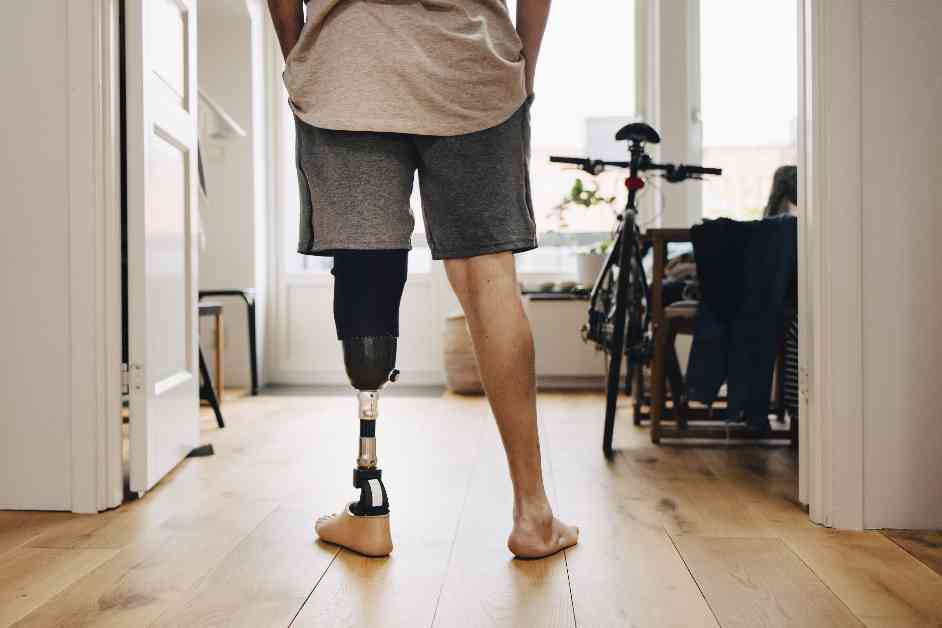Health Insurance Coverage for Prosthetic Limbs: A Critical Examination
In a world where health insurance seems to be a necessity, Michael Adams, a 51-year-old resident of Lafayette, Colorado, faced a daunting challenge in 2023. Adams, who lost his right leg to cancer four decades ago, has relied on prosthetic limbs for mobility ever since. When his prosthetic leg needed replacing in January after five years of daily use, his new health plan refused to authorize the $50,000 leg with an electronically controlled knee, deeming it medically unnecessary.
The Struggle for Prosthetic Coverage
For Adams, the electronic prosthetic knee was life-changing, providing stability and preventing falls. Without it, he likened the experience to reverting to a wooden leg, a stark reminder of his childhood. The microprocessor in the knee intuitively responds to different surfaces and inclines, stiffening up if it detects potential falls.
This coverage disparity extends beyond Adams’ personal struggle. According to Jeffrey Cain, a family physician and amputee, insurance companies often deny coverage for prosthetic limbs by claiming they are not medically necessary or are experimental devices. This issue becomes even more pressing as the number of people living with limb loss in the U.S. continues to rise.
Legislation and Financial Struggles
State laws like the one passed in Colorado in 2000 aim to ensure that insurers cover prosthetic arms and legs at parity with Medicare. However, these laws only apply to regulated state plans, leaving many privately insured individuals without similar protections. Leah Kaplan, a 32-year-old from Spokane, Washington, shares her own challenges in accessing a prosthetic hand through her health plan.
For Kaplan, the myoelectric hand she sought for everyday activities was deemed medically unnecessary by her insurer. Facing a cost of over $46,000 without coverage, Kaplan has been denied three times and is now navigating the appeals process. Despite the prosthetic clinic preparing the hand and customized socket, insurance roadblocks prevent her from using it, leaving her feeling defeated after years of waiting.
Conclusion: A Case for Fair and Equal Coverage
As Michael Adams eventually overcame his insurer’s denial through an appeal, the need for fair and equal coverage for prosthetic limbs remains a pressing issue. For individuals like Adams and Kaplan, the journey to access necessary medical devices highlights the complexities of navigating the health insurance system. The human stories behind these struggles underscore the urgent need for reform to ensure that essential prosthetic care is accessible to all who need it.

















